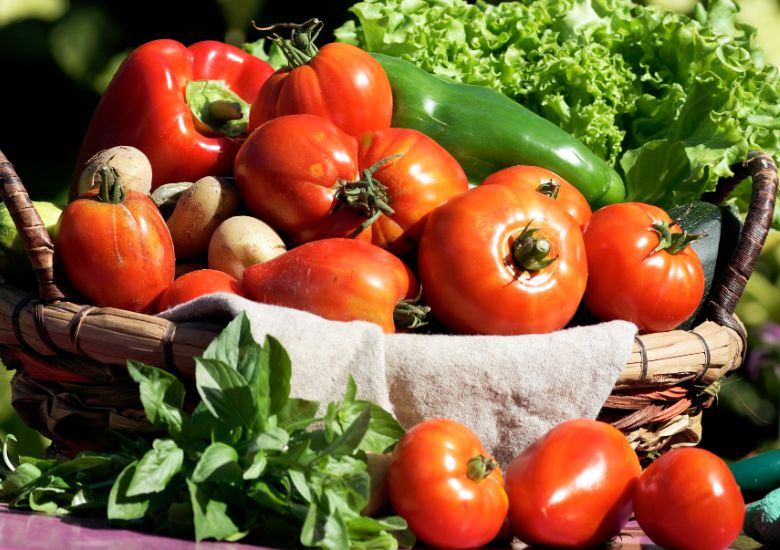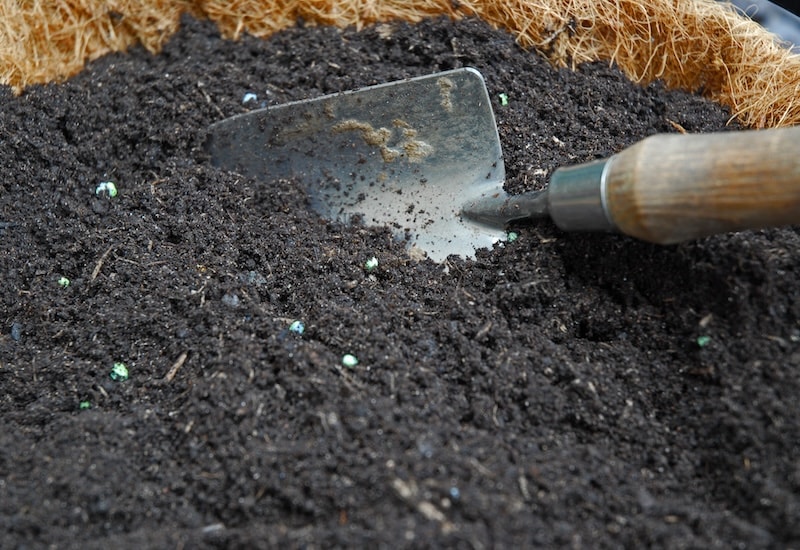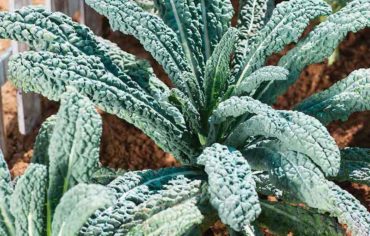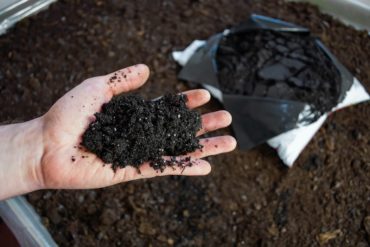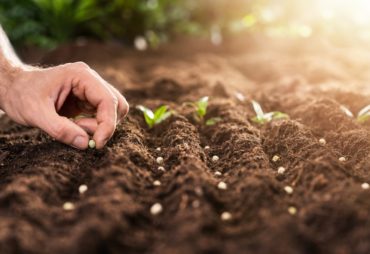Whether you have some patio pots or an allotment, it’s easy and rewarding to grow your own produce from organic vegetable seeds. Follow our quick guide to plot preparation, sowing and growing, and you’ll be harvesting homegrown veg next season.
How do I grow organic vegetables at home?
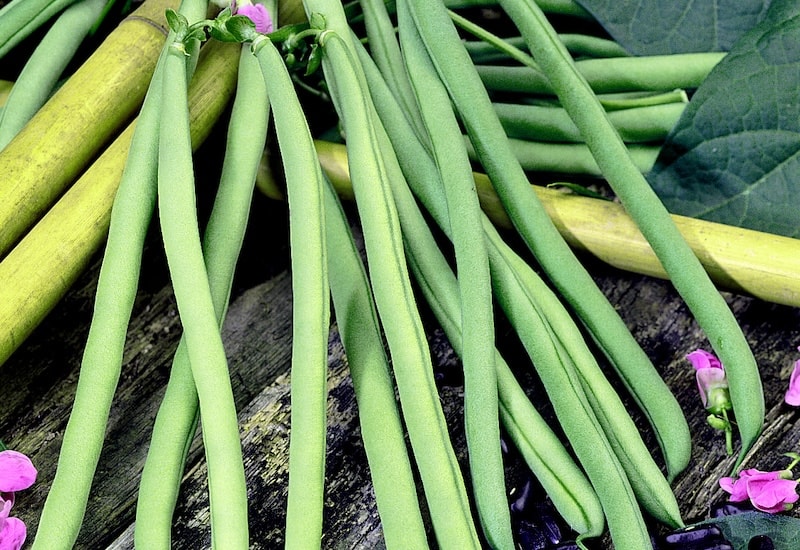
Image: Bean French Climbing (Organic) Seeds – Cobra from Suttons
Many seeds can be sown in trays in the greenhouse or indoors to germinate and grow, before being transplanted into pots or the ground once they are large enough and after the risk of frost. Some seeds can be sown directly where you want them to grow, whether that’s in a container or the ground.
To grow organic veg successfully, you need to start with a sunny area of the patio or garden and healthy soil in which to sow your seeds.
Consider the vegetable varieties that you wish to grow, planning when and where you are going to grow them – you’ll get the best results from planting the right plant in the right place!
What do I need to grow organic vegetables?
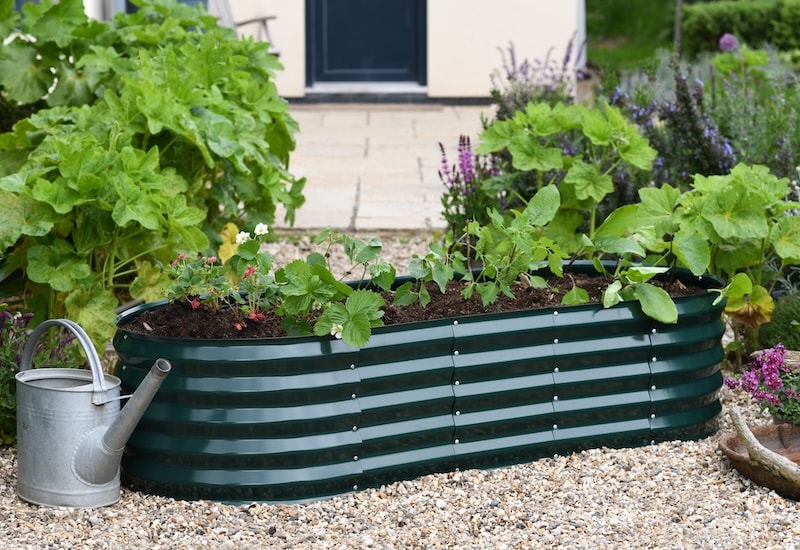
Image: Metal Raised Modular Planter from Suttons
Beside healthy soil, your plants will also need lots of sunlight, a source of water and to be kept free of weeds, pests and diseases.
Try sowing some herbs in a pot, tomato plants in a container or maybe a raised bed. Growing in containers and raised beds makes it easier to keep the soil around your plants weed free, and to deter and spot any pests. Inspect your plants for signs of damage and remove any pests and damaged leaves by hand. It’s important to keep containers well-watered in dry weather and to monitor them for waterlogging over the winter months.
To help suppress weeds, apply a 3-5cm thick mulch to the surface of the soil. Common organic mulch materials include manure, leaf mould, compost, and straw. These all slowly decompose, adding organic matter and nutrients to the soil and improving soil structure. Newspaper and cardboard can also be used.
To avoid mildew and other plant diseases, water plants from below, avoiding wetting the leaves, and ensure plants are well-spaced, uncrossed and with good airflow between them.
What is the best soil mixture for an organic vegetable garden?
Organic multipurpose compost is a quick way to start growing in containers and raised beds. Alternatively, start to improve your garden soil by digging in organic matter – ideally nicely decomposed matter from your garden compost heap. Aim for a mix of 60% topsoil and 40% compost.
Do I need to fertilise my organic vegetable garden?
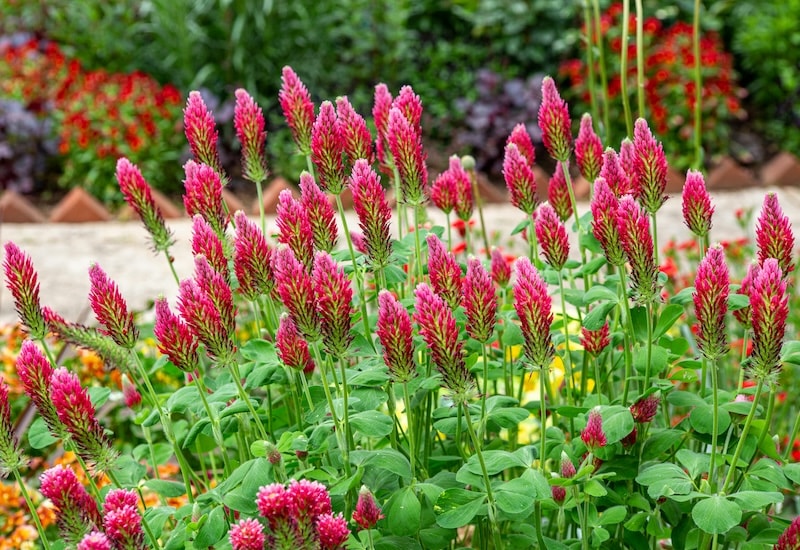
Image: Green Manure Red Clover (Organic) Seeds from Suttons
Sowing a green manure crop such as clover can remove the need for artificial fertilisers and is a great way to suppress weeds, improve soil structure and fix nitrogen, giving your vegetable crops an important boost where they need it most. By covering the soil with a green manure crop during fallow months, soil erosion and nutrient loss can be avoided, whilst creating a habitat for wildlife and attracting pollinators. Sow green manure seed from August to October and simply fork the growth into the soil in the spring.
Feeding your vegetable plants with an organic fertiliser will encourage faster growth and larger crops. Organic plant feeds are available to buy, and you can also use organically certified well-rotted manure.
How do I control pests organically?
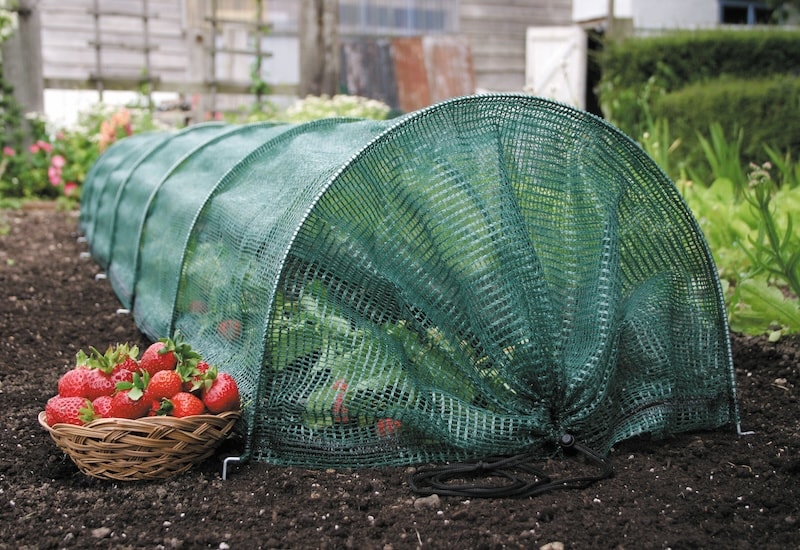
Image: Garden Grow Greenhouse Net Tunnel from Suttons
Prevention is always better than a cure, so deterring pests is essential to organic growing. One of the best ways to control common garden pests is companion planting, which involves planting certain flowers around your vegetable patch, which will:
• attract helpful insects that will eat the pests.
• act as sacrificial plants, attracting pests away from your crop e.g. nasturtiums.
• deters pests with their strong scent e.g. herbs.
It’s also wise to encourage wild birds and hedgehogs to the garden, who will help with pest control – especially slugs and snails. Learn more about the benefits of companion planting in our article.
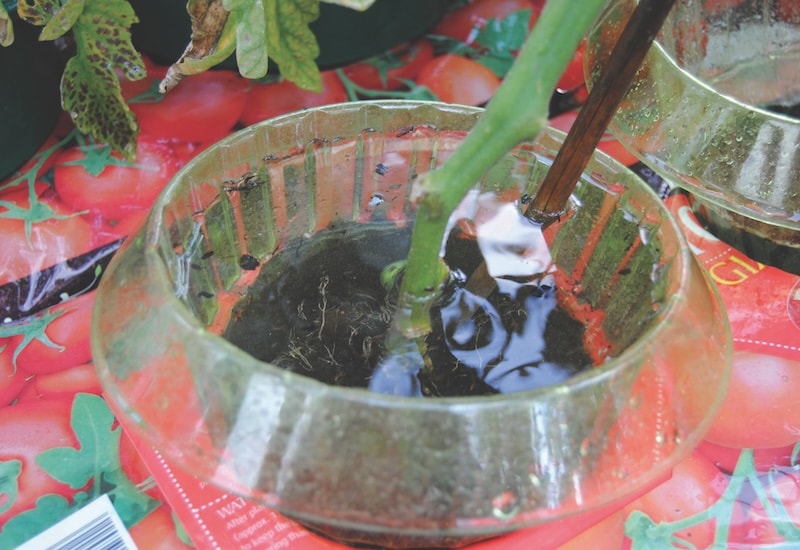
Image: Garden Grow Snail Collar from Suttons
If you don’t have the right natural predators in your garden, biological pest controls are another option for pest control. There is also a wealth of barrier controls available to block pests from your plants.
What are the quickest organic vegetables to grow from seed?
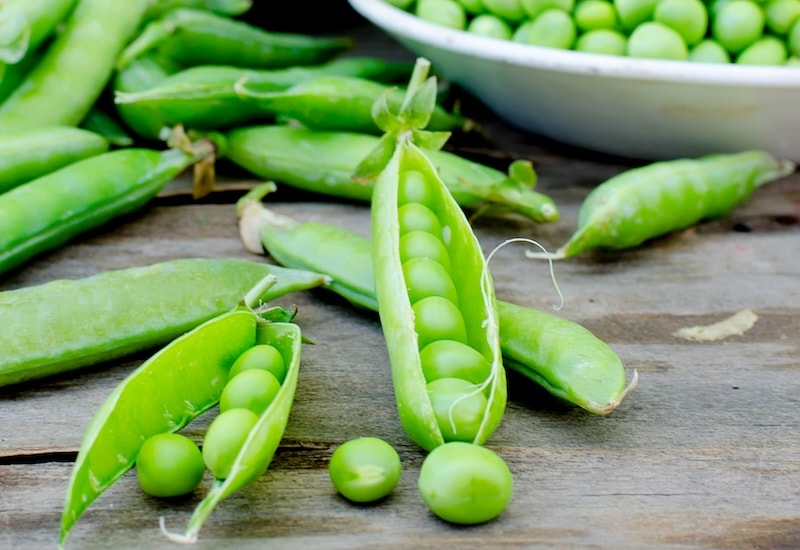
Image: Pea (Organic) Seeds – Ambassador from Suttons
Salad, radishes and peas are some of the quickest-maturing crops to grow from seed. A great way to get children engaged in growing the organic way, they’re ready to pick and eat fresh from the plant in just a few weeks.
Start growing organically!
Now you know how to grow organic vegetables from seed! Suttons’ blog contains lots of help to support you on your growing journey – check out our beginner’s guide to growing veg from seed, seed success tips, plus a handy fruit and veg sowing and harvesting chart.
Last Updated on March 15, 2024 by Suttons Horticultural Team

